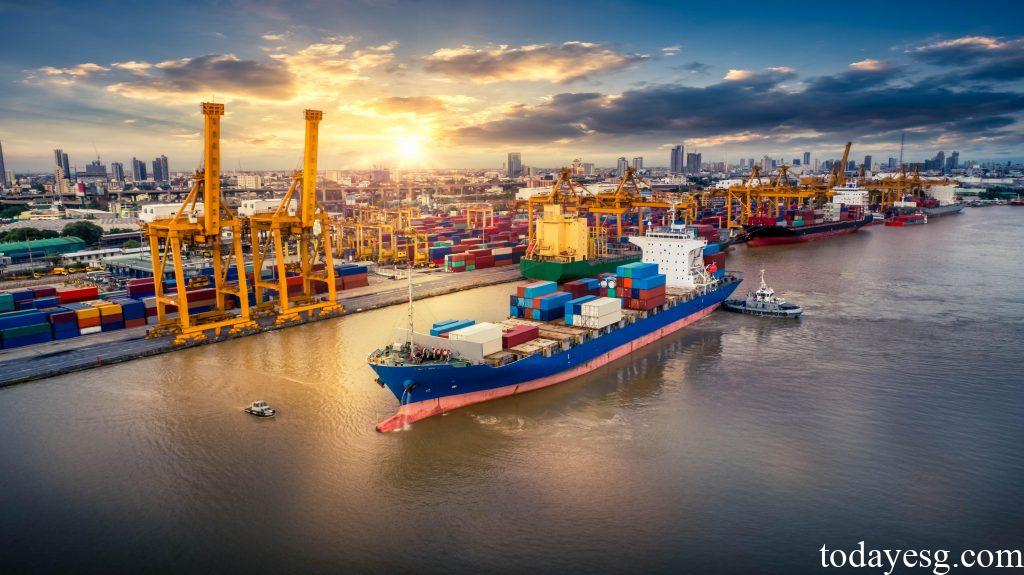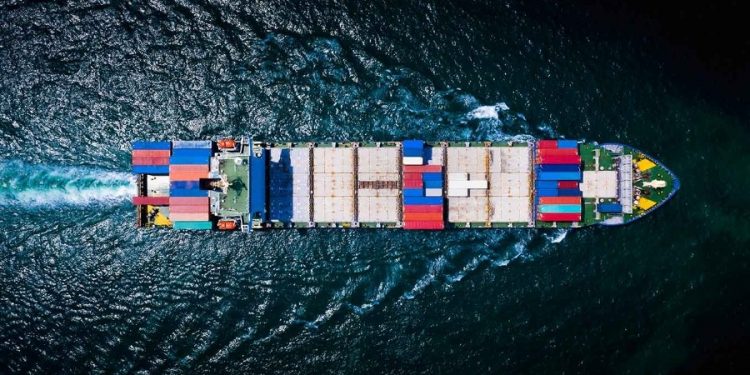Greenhouse Gas Reduction Strategy
The International Maritime Organization (IMO) has released a greenhouse gas reduction strategy, aiming to achieve net zero emissions by 2050.
When formulating the greenhouse gas emission reduction strategy, IMO referred to the UN Framework Convention on Climate Change (UNFCC), the Paris Agreement, and the 2030 Agenda for Sustainable Development. The new strategy will replace the carbon reduction strategy proposed in 2018.
Related Post: Introduction and Application of United Nations Sustainable Development Goals (SDGs)
Background of Greenhouse Gas Reduction Strategy
The IMO predicts that the international shipping industry’s share of global greenhouse gas emissions in 2018 is about 2.9%, and this proportion may increase by 90% to 130% by 2050. Therefore, addressing the issue of greenhouse gas emissions in the shipping industry can reduce the impact of climate change and increase its contribution to the global net zero process.
The IMO sets several goals for GHG Reduction:
- By 2030, the total greenhouse gas emissions from the shipping industry will be reduced by at least 20% (compared to 2008).
- By 2030, carbon intensity will decrease by 40%, and the proportion of using zero carbon energy will reach at least 5%.
- By 2040, the total greenhouse gas emissions from the shipping industry will be reduced by at least 70% (compared to 2008).
- By 2050, the shipping industry will achieve net zero emissions.

Actions for Greenhouse Gas Reduction Strategy
The IMO plan aims to reduce greenhouse gas emissions from both technical and economic perspectives. At the technical level, IMO will establish standards for marine fuels to reduce the carbon density of the fuels. At the economic level, the IMO will develop a pricing mechanism for greenhouse gas emissions to constrain ships.
In addition, the IMO plans to take the following measures:
- Develop employee training plans to support the reduction of greenhouse gas emissions.
- Establish energy research and development pilots to continue improving the energy efficiency of ships.
- Provide financial and technical resources to achieve short-term emission reduction targets.
- Explore the production of renewable fuels to help developing countries decarbonize successfully.
IMO plans to review emission reduction strategies every five years to assess progress towards net zero greenhouse gas emissions. It will also provide necessary incentives for the global shipping industry to complete a fair and just transition plan. These incentives include establishing a voluntary trust fund to provide specialized support for technical cooperation and activities around countries.
Reference:








